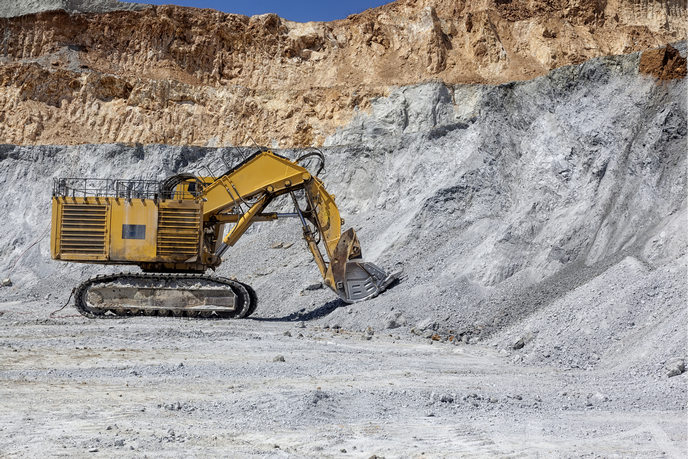Impacting the future of small-scale mining operations
Used in microprocessors, smart electronics, medical sciences and renewable energy products, raw materials are an intrinsic part of our daily lives and the demand for them is rapidly growing. Referred to as critical raw materials (CRMs), some of these materials are economically and strategically important, and are under a supply risk as a great share of their worldwide production is concentrated in a few countries. The EU-funded IMPaCT project is helping SMEs tap into Europe’s own CRM resources that can be found in smaller-scale but high-grade deposits. “The associated costs of setting up a mine – exploration activities, infrastructure, permitting – are very expensive and because small deposits don’t have a long life the economics to develop them often don’t add up,” Dr Kathryn Moore, senior lecturer at IMPaCT coordinator University of Exeter, is quoted as saying in a ‘Mining Technology’ news item. Dr Moore adds: “The raw materials supply sector has a problem responding rapidly to changes in demand from the technological manufacturing sector. We want to show a rapid response approach is technologically possible.”
Switch on, switch off
Project partners have designed and constructed a mobile and modular containerised facility for separating valuable metallic minerals from mined materials. The technology can be adapted to different ore deposits and can operate for much smaller rock inputs than commercially available processing plants. Therefore, it’s suitable for high-grade but small ore deposits, such as those across Europe. The method utilised by IMPaCT called switch on-switch off mining will enable raw material producers in Europe to respond rapidly to fluctuating commodity prices caused by the imbalance between raw material supply and demand, and to excavate materials that are desired most in any given period. IMPaCT partners are also identifying the conditions necessary for rapid deployment of an integrated mining system. The process involves feeding the minerals processing facility through the use of an underground selective mining tool, comminution (rock-breaking) and ore-sorting tools where energy provision is sustainable. “This makes it possible to deploy an underground mining machine and a rock breaking facility in a matter of hours,” Dr Moore says. “A minerals processing facility can be set up in just a couple of weeks, compared to potentially decades from exploration to extraction for very big mining deposits and months-long installation activities.” United Kingdom-based mining company Mineco, a participant of the IMPaCT project, is testing the technology at its operating antimony and lead mines in the Balkans, according to the same news item. Mineco has extracted, processed and concentrated ore from a mine in Bosnia. The method will also be used in Serbia to process ore from an antimony mine. Wales-based Metal Innovations has also built a new prototype of an underground selective mining tool that cuts the rock face. In addition, Metal Innovations has designed its own power packs and casings that are suitable for narrow underground spaces. These companies are planning to commercialise their technologies eventually, as noted in the news item. The IMPaCT (Integrated Modular Plant and Containerised Tools for Selective, Low-impact Mining of Small High-grade Deposits) project will end in May 2020. It was set up to develop targeted technological innovations in mining equipment design and mine planning. For more information, please see: IMPaCT project website
Countries
United Kingdom



